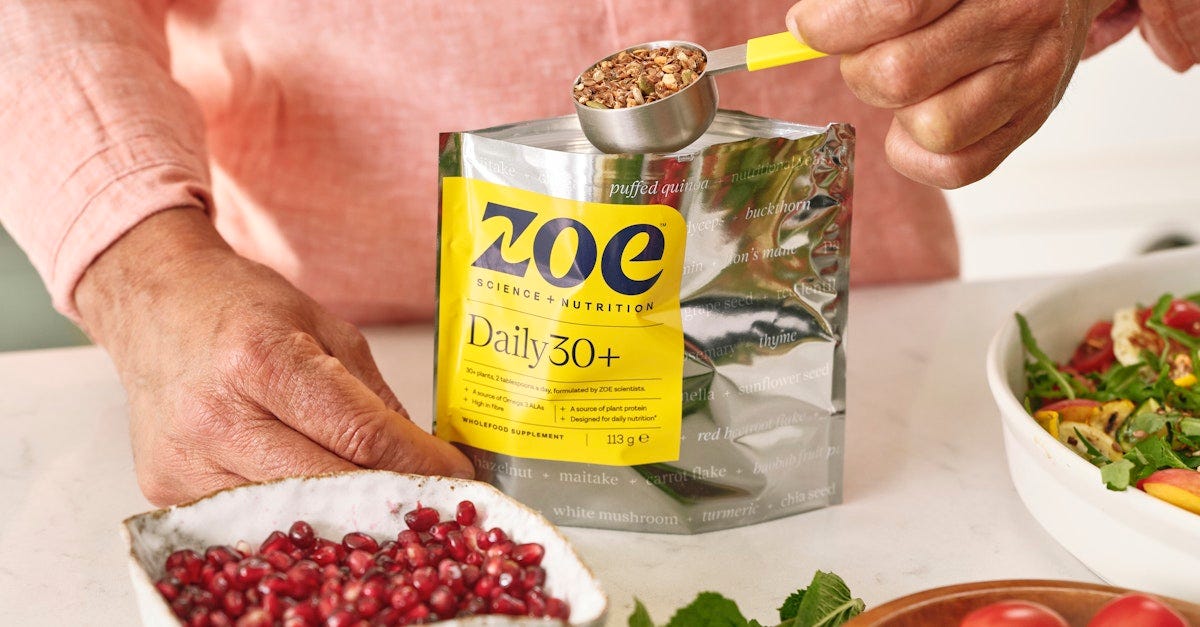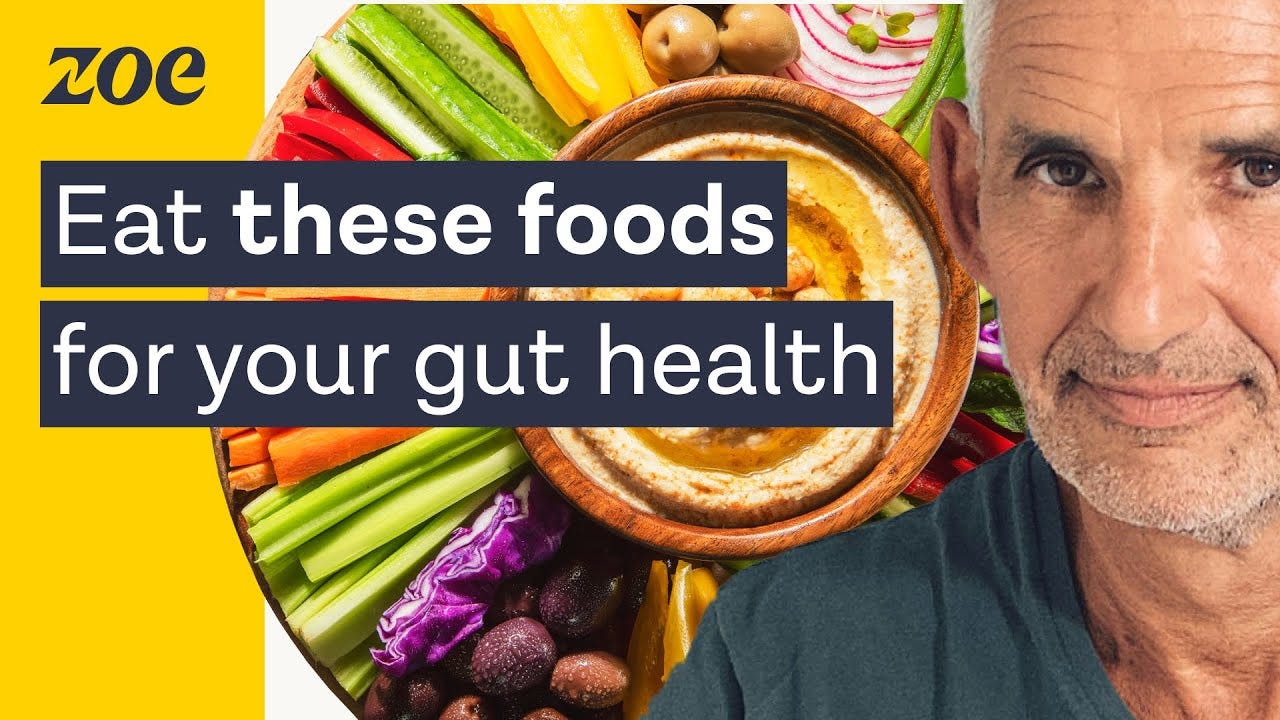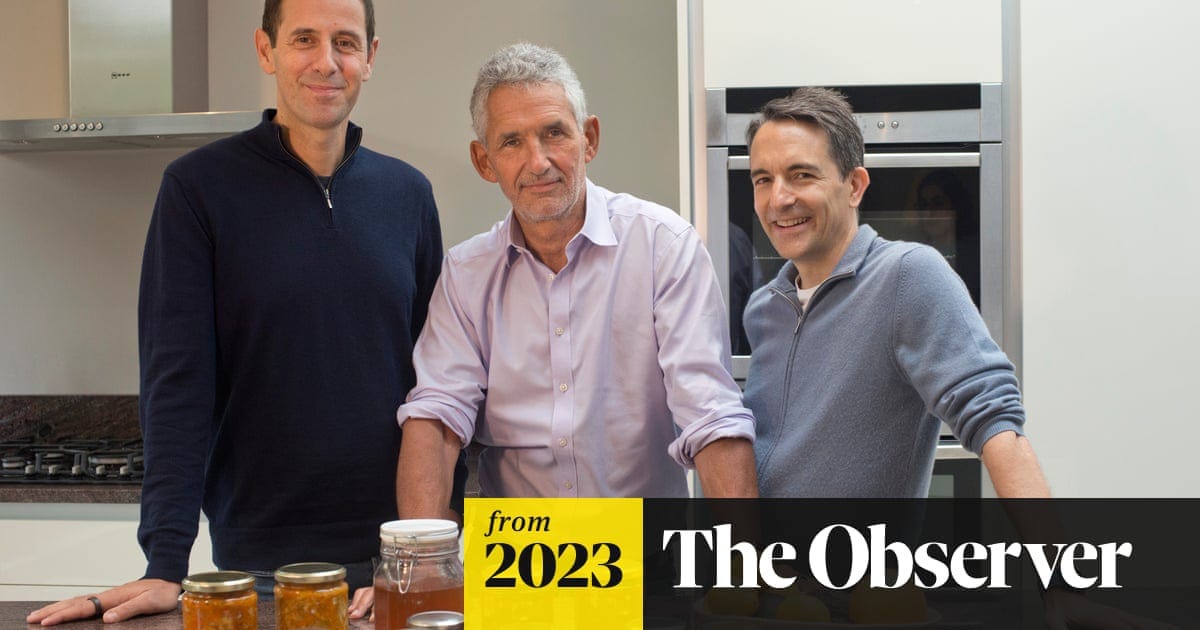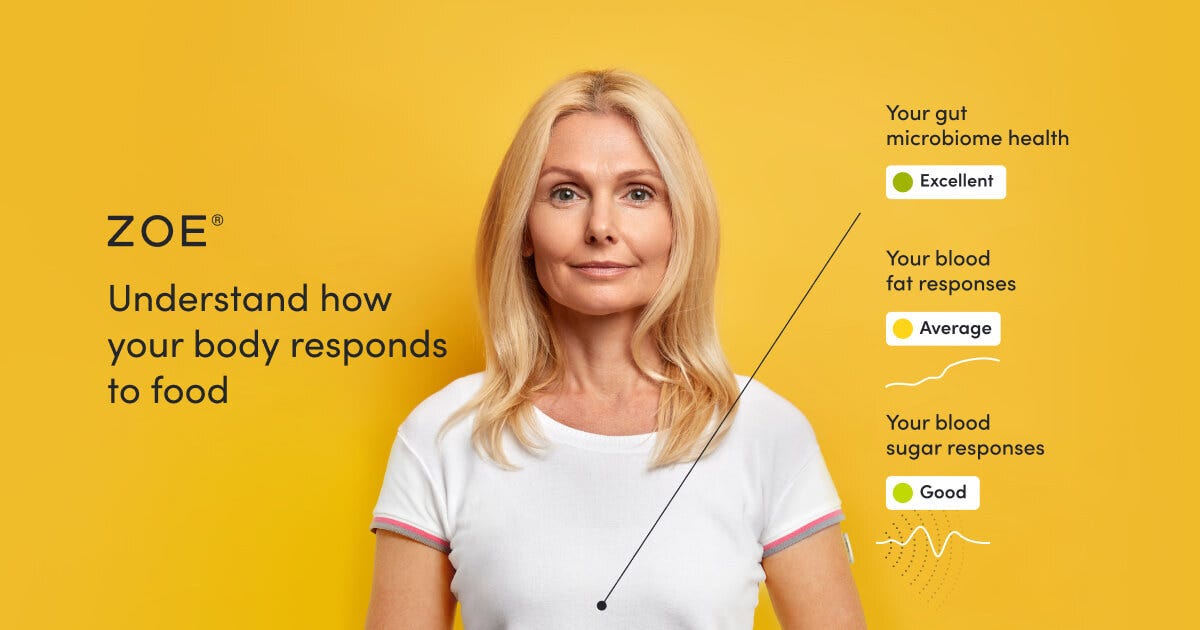Zoe: Revolutionizing Personalized Nutrition through E-Commerce
The personalized nutrition industry has witnessed significant growth in recent years, propelled by technological advancements and increasing consumer interest in tailored health solutions. Zoe, a UK-based startup launched in 2019, has positioned itself as a frontrunner in this evolving market by utilizing cutting-edge research and data analytics to deliver personalized dietary recommendations based on an individual’s gut microbiome, blood sugar, and blood fat profiles. This case study explores Zoe’s evolution from a research initiative to a robust e-commerce enterprise, analyzing the strategic choices, challenges, and outcomes that have defined its path. Through an in-depth examination of Zoe’s business model, growth strategy, and competitive environment, this case provides a lens into the opportunities and complexities of establishing a leading personalized nutrition brand in the digital era.
Background and Founding Story
Zoe was established by Professor Tim Spector, a distinguished genetic epidemiologist whose extensive research on twins highlighted the critical role of gut microbes in shaping health outcomes. Spector’s findings revealed that even identical twins, despite sharing the same DNA, respond differently to food based on their gut bacteria and dietary habits. This breakthrough inspired the founding of Zoe in 2019, with the mission of making personalized nutrition accessible to a broader audience. By adopting a direct-to-consumer (DTC) e-commerce approach, Zoe seeks to empower individuals with scientifically validated dietary guidance, redefining how people manage their well-being.
Business Model and Revenue Streams
Zoe’s business model revolves around a DTC subscription service, which forms the backbone of its operations. Customers initiate their experience by purchasing an at-home test kit priced at $294 (US market), encompassing a gut microbiome analysis, a blood sugar sensor, and a blood fat test. The data collected from these tests inform personalized dietary recommendations, which are accessible via the Zoe app for a monthly subscription fee of $59.99. In 2022, Zoe expanded its offerings with Daily30+, a whole-food supplement aimed at enhancing gut health, priced at $36 per month.
The company’s revenue is predominantly subscription-based, ensuring a consistent and predictable cash flow. With over 100,000 active subscribers, Zoe generates approximately $72 million in annual subscription revenue. Sales of the initial test kits contribute an additional $29.4 million, pushing the total estimated annual revenue beyond $100 million. However, the model faces hurdles: the high upfront cost of the test kit and ongoing subscription fees may restrict Zoe’s appeal to cost-conscious consumers, while its dependence on recurring revenue heightens the risk of customer churn, emphasizing the need for sustained value delivery.
Competitive Advantages and Challenges
Zoe’s competitive edge is anchored in its scientific credibility, bolstered by research published in top-tier journals like Nature Medicine and The Lancet. Its proprietary algorithms and data analytics enable precise, individualized recommendations, distinguishing Zoe from providers of generic dietary advice. Additionally, Zoe has fostered a dedicated community of over 100,000 members who act as brand advocates, amplifying organic growth through word-of-mouth. The company’s podcast, with over 15 million downloads, further enhances its visibility and authority in the field.
Nevertheless, Zoe confronts significant challenges. The personalized nutrition sector is growing increasingly competitive, with both startups and established firms intensifying their presence. The introduction of Daily30+ has sparked debate, with critics questioning its value and pricing relative to the core offering. Moreover, as Zoe expands into markets like the United States, it must contend with intricate regulatory frameworks and tailor its strategies to diverse consumer preferences, adding layers of operational complexity.
Growth Strategy and Market Expansion
Zoe’s growth strategy rests on three core pillars: product innovation, geographic expansion, and strategic partnerships. The launch of Daily30+ reflects its focus on product development, capitalizing on existing customer data to introduce complementary offerings. On the geographic front, Zoe is targeting the United States—a vast market with strong demand for personalized health solutions—supported by $45 million in recent funding, bringing its total capital raised to over $100 million.
Strategic alliances have also played a pivotal role. A notable example is Zoe’s partnership with Marks & Spencer to introduce a co-branded gut health product in the UK, leveraging established retail networks to broaden its reach. Yet, as Zoe pursues these ambitious initiatives, it must judiciously allocate resources and preserve its core value proposition to avoid brand dilution or customer confusion.
Financial Performance and Valuation
By December 2022, Zoe had achieved a valuation of $250 million, underpinned by multiple funding rounds and robust revenue growth. Its subscription-driven model yields an estimated $100 million in annual revenue, reflecting strong market traction. However, high customer acquisition costs and ongoing investments in research and development present financial trade-offs. As Zoe scales, optimizing its cost structure while upholding scientific excellence will be essential to achieving long-term profitability.
Key Strategic Questions
As Zoe charts its future, it faces several pivotal considerations:
Scientific Integrity vs. Growth: How can Zoe balance aggressive expansion with the preservation of its research-driven credibility?
Customer Economics: What approaches can Zoe adopt to lower acquisition costs and boost retention in a subscription-based model?
Regulatory Navigation: How should Zoe address the regulatory complexities of the health and wellness sector, especially in new markets?
Portfolio Expansion: What role should supplements like Daily30+ play in Zoe’s offerings, and how can it respond to skepticism about their necessity and pricing?
Data Utilization: How can Zoe harness its rich data assets to enhance personalization and unlock additional revenue opportunities?
These questions invite critical analysis of Zoe’s strategic direction and its implications for the broader personalized nutrition landscape.
Zoe’s ascent from a research endeavor to a $250 million e-commerce leader underscores the transformative potential of science-driven, personalized health solutions. By carving out a niche, prioritizing subscriptions, and cultivating a vibrant community, Zoe has crafted a compelling model for success in the competitive wellness arena. Yet, as it scales, the company must navigate the delicate interplay between growth and scientific integrity, addressing operational and market challenges head-on. Zoe’s experience offers rich insights for entrepreneurs and industry leaders, illuminating the power of innovation, data, and customer focus in driving sustainable progress in the digital age.








